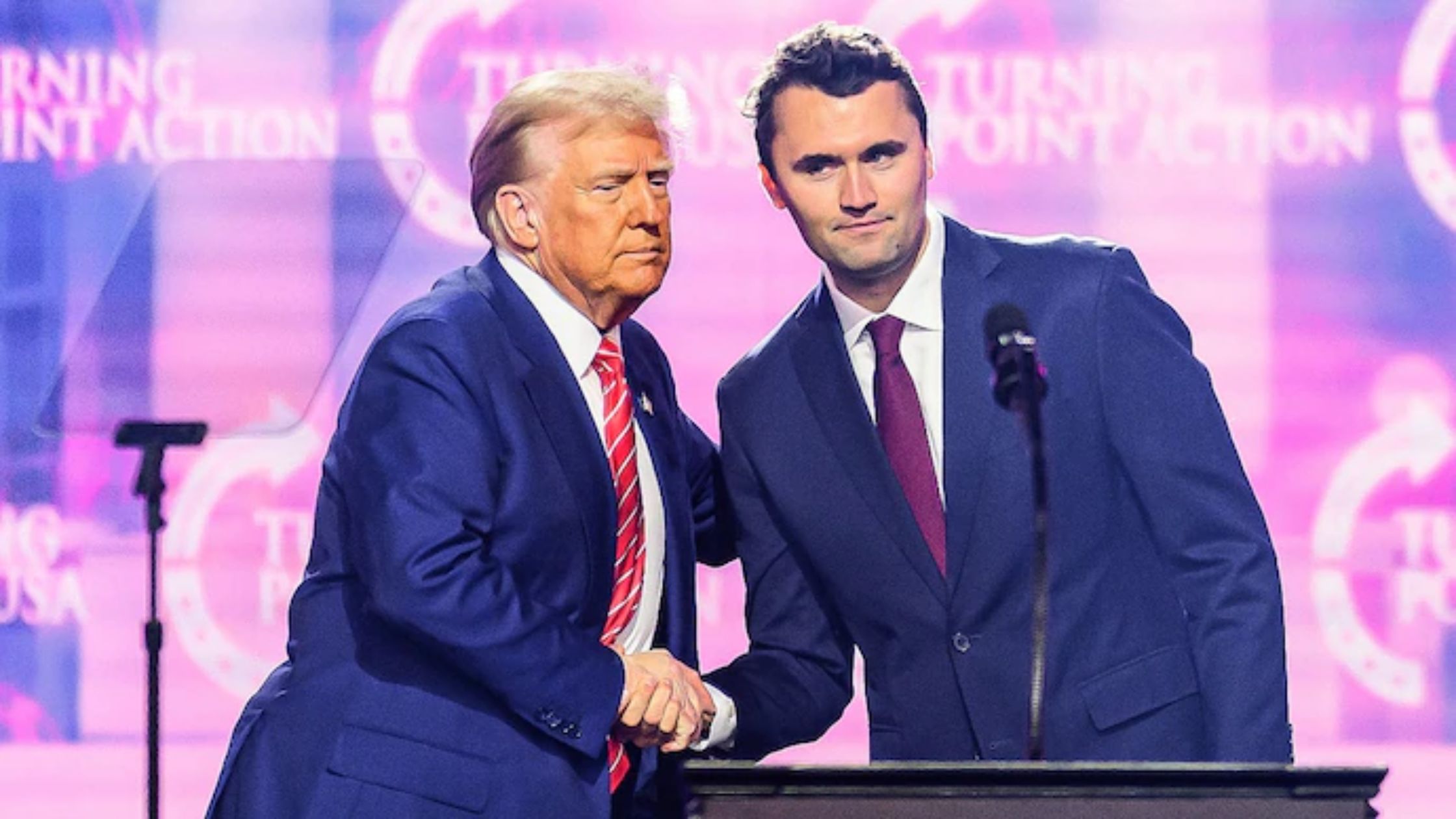It happened in broad daylight, just as Charlie Kirk was taking questions about gun violence on a college campus in Utah. The irony wasn’t lost on anyone, least of all the 3,000 students who watched him drop to the stage, a single bullet in his neck, fired from 200 meters away. With that, one of the country’s most divisive and influential conservative voices was gone, and the political landscape immediately tilted toward chaos.
Kirk, a firebrand who turned a student group into a national movement, had made a career out of the kinds of campus controversies that now, in real time, threaten to consume his legacy. On September 10, 2025, he was speaking at Utah Valley University, a place he chose not just for its red-state credentials but for its history as a battleground for free speech. His last words, caught on video by students in the crowd, were about how America could heal from mass shootings. Moments later, he was dead.
The shooter, still unnamed by authorities, climbed to a rooftop overlooking the outdoor event, fired once, then jumped down and fled into a wooded area near campus, leaving behind a gun, ammunition, and clear forensic evidence. The FBI released surveillance footage of the escape, showing a figure in athletic clothes vaulting from the roof, vanishing into the trees as panicked students scattered[1]. It was methodical, almost cinematic, and raised immediate questions about motive, opportunity, and whether this was a targeted political hit.
Utah’s governor called it a political assassination, a label that resonated in a country still grappling with deep divisions. Former President Trump, a longtime ally of Kirk, eulogized him as a champion of the next generation, a man who “loved the youth” and whose influence on campus culture would be missed[2]. But online, the reaction was anything but unified. Conservative forums erupted with accusations of a new wave of leftist violence, while critics of Kirk’s rhetoric pointed to years of heated, polarizing speech and wondered if the backlash had turned deadly.
Police are emphasizing that the investigation remains open, but the clues the distance of the shot, the rooftop vantage, the quick escape suggest a shocking level of premeditation. Crime scene analysts combed the area for trace evidence, including shoe prints and palm prints, while the FBI called for public help in identifying the suspect. It was, at minimum, a deeply personal crime against a public figure, and possibly the opening salvo in a larger, more dangerous national conflict.
In the days since, the Kirk shooting has become a metonym for America’s cultural and political fractures. The debate over guns, free speech, and campus safety is now entangled with the raw emotion of a public assassination. The incident exposes, yet again, how easily violence can hijack the national conversation, silencing not just people but ideas.
The lasting question isn’t just who did it, but what comes next. Kirk’s death will be weaponized, his story rewritten by both sides, and his movement tested in ways he never could have imagined. For now, the only certainty is this: Campus culture will never be the same, and the next time someone stands at a lectern in America, they’ll do so knowing that words, and the risks they carry, have never mattered more.


